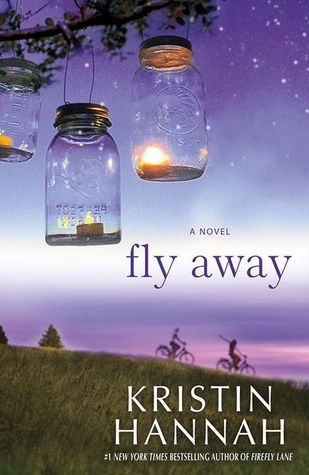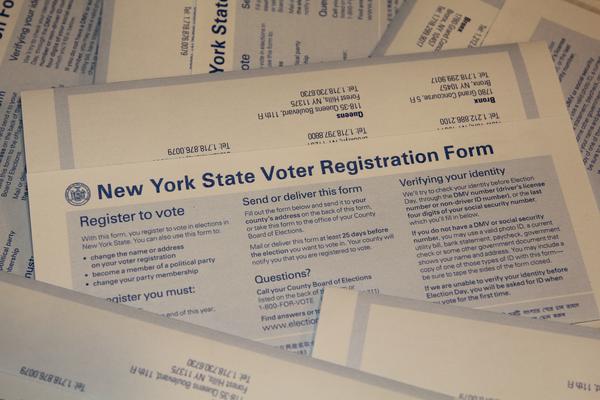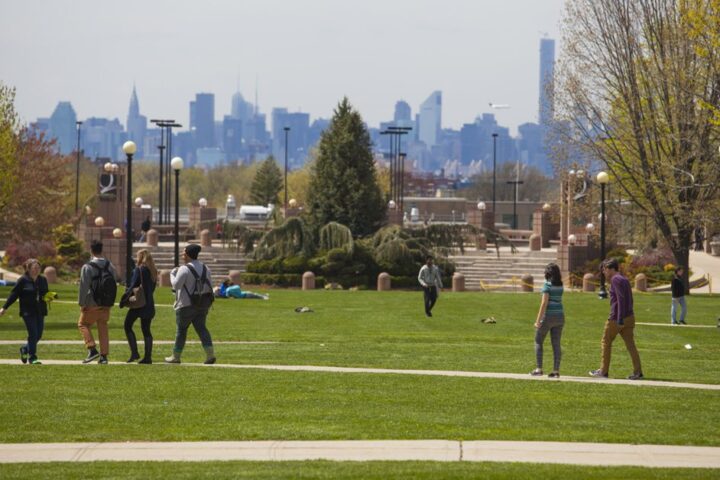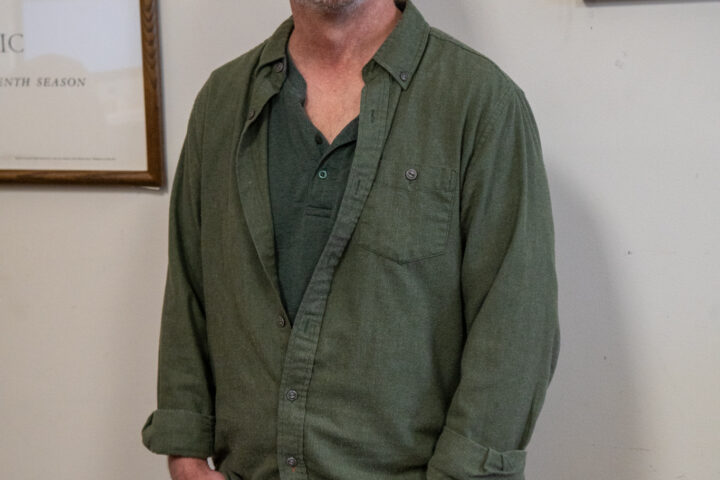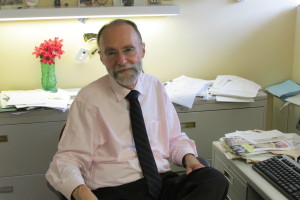
Queens College Professor John Tytell recently released two books about the Beat Generation in the 1950s.
Queens College Professor John Tytell taught English and literature for more than 50 years.
He recently released two new books titled “Writing Beat and Other Occasions of Literary Mayhem” and “The Beat Interviews,” which both examine legendary writers of the Beat Generation.
Tytell discovered the works by Beat Generation writers while in college and was interested in what the writers wrote about conditions in America.
The Beat Generation refers to a period where writers such as created poetry critiquing American society in the 1950s.
“I was reading these writers when I was an undergraduate at City College of New York. I wasn’t reading these works as part of any course by the way. I bought those books and read them because I was curious. These books would never have been in a university syllabus. I wasn’t even an English major in college, but I was curious.” Tytell said.
In “The Beat Interviews,” Tytell interviewed figures such as William S. Burroughs, Carl Solomon, Herbert Huncke and John Clellon Holmes. He also elaborated on their origins in the context of the literary environment at the time.
“They wanted to change the nature of the literary experience. They found that it was still governed by what they would consider to be Victorian protocol, and what they were interested in primarily was candor, which is what made them so exciting. Maybe [because] they were the first American writers who could’ve addressed this issue so directly,” Tytell said.
“[The interviews] never really appeared in book form and with each of the interviews, there are essays that I have written recently that help contextualize who these people were, why they’re significant, why we need to remember them and what their revolutionary aspirations were,” Tytell said.
Tytell also explained the importance of Allen Ginsberg, famous for releasing the poem “Howl.” He personally knew him and Peter Orlovsky, Ginsberg’s companion.
“Ginsberg is an agent of change, more than probably any other American. He helped organize the protests against Vietnam War in the 1960s and is responsible for the birth of the counter-culture. So Ginsberg had a lot of impact on American Culture, so did [Jack] Kerouac and so did Burroughs each in their different ways” Tytell said.
His other book focused more on the writing aspects of the Beat Generation rather than the historical aspects. Containing 17 essays, he sought to explore the role of a non-fiction writer when focusing on different issues.
“Of course it’s to tell the truth, but how do you tell the truth? This is an issue which I address systematically throughout these 17 essays. How do you write biography, how do you write history [or] how do you write reportage? Tytell said.
“That’s what the subject matter, the core thematic perspective of ‘writing beat’ is. It’s the writer’s beat in the sense of the reporter’s beat or even in the sense that a policeman has a beat. it’s certain territory he is required to patrol and understand. I use the word responsibility, which means ‘response to,’ and the writer is responding to by observing and by listening, and by thinking.” Tytell said.
When discussing counter-culture in general, Tytell said it is “dangerous at any time because if you go against the culture, they can throw you in the insane asylum or jail”. It is necessary “otherwise we live in 1984,” he said.
Tytell felt the writers were still relevant as ever in contemporary times as the poems from the time could provide valuable lessons for today.
“There’s an increase in conformity in America with people less curious than they once were. Anarchism, for example, has been confused with terrorism. There are pacifistic anarchists, you know?” Tytell said.







